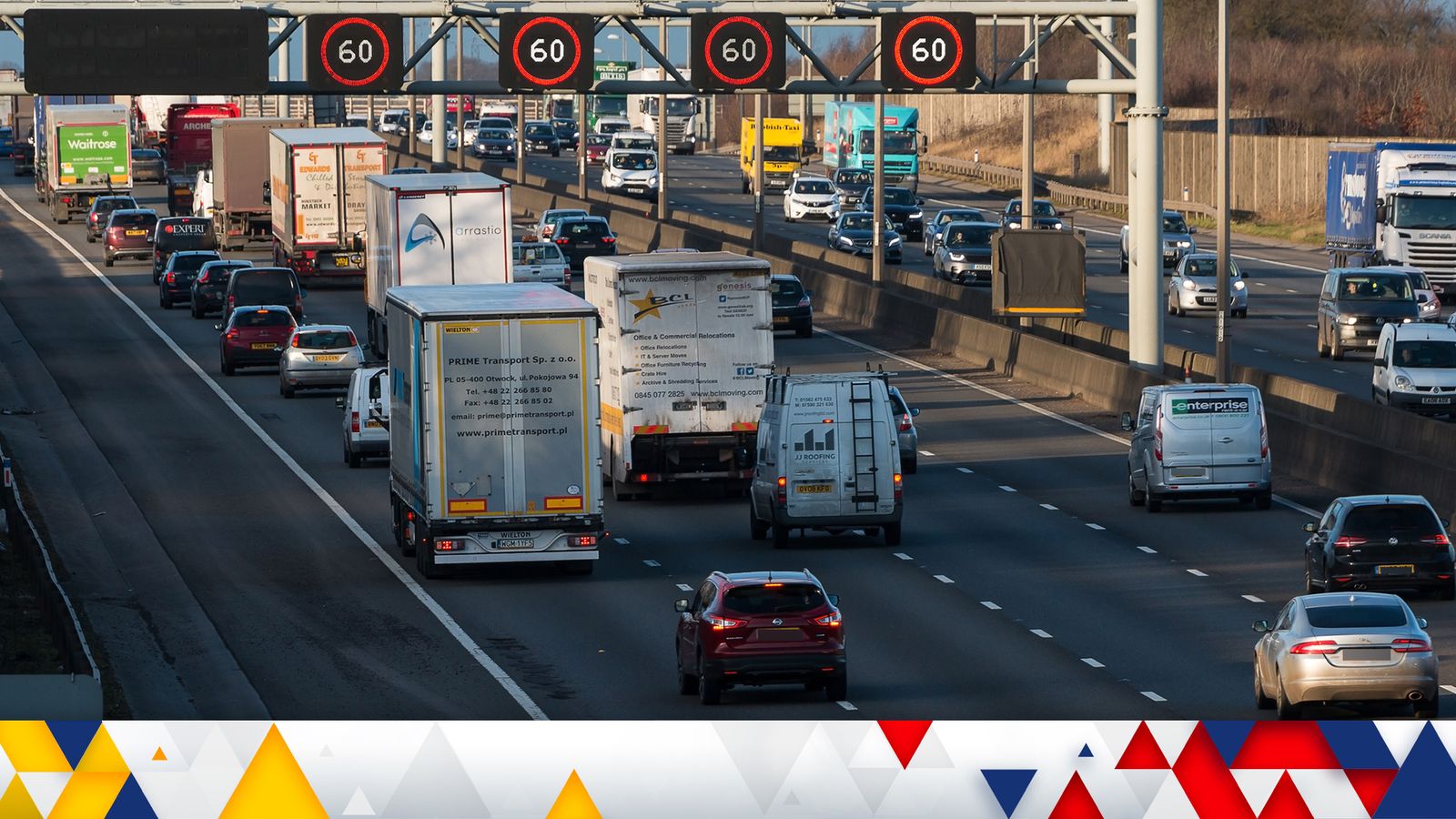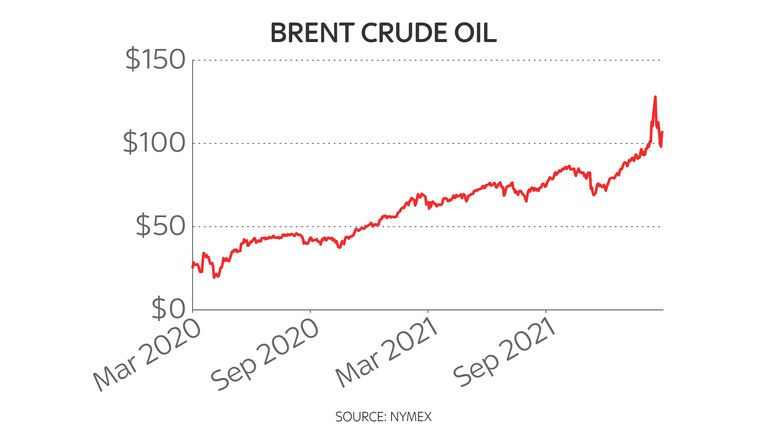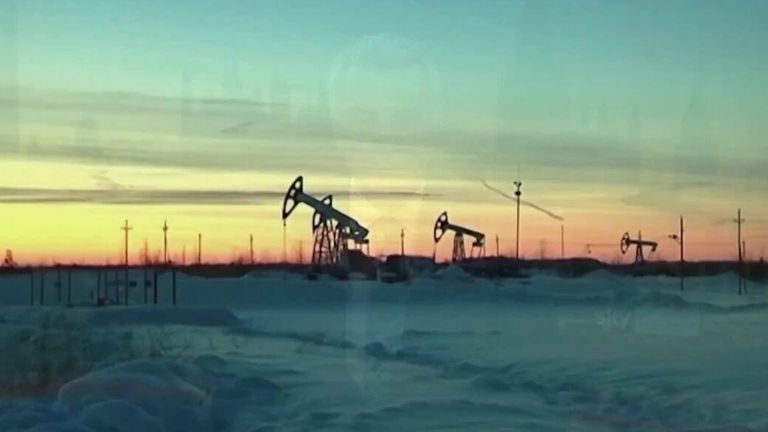Lower speed limits, more home working and car free Sundays could help the world avoid a damaging oil supply crunch caused by the Ukraine war, the International Energy Agency (IEA) has said.
The intergovernmental body also urged motorists to adopt more car sharing and ease off on air conditioning in vehicles as part of a ten-point plan which it said would “reduce the price pain being felt by consumers around the world”.
The measures could also lessen economic damage and shrink Russia’s energy revenues as well as having the added benefit of moving oil demand to a “more sustainable pathway” in the drive to net zero, the IEA said.
Its recommendations to consumers and governments come days after the agency said the world was facing “what could turn into the biggest supply crisis in decades”.
The IEA was set up in the 1970s when global economies were convulsed by energy shocks and the idea of curbing demand could stir memories of measures taken in that decade.
In 1973 a 50mph speed limit was introduced on all UK roads as a temporary measure to reduce fuel consumption.
The IEA’s report this week warned that from next month three millions barrels per day of Russian oil output could be “shut in” as sanctions take hold and buyers shun exports.
But it said that if adopted in full in advanced economies, the measures it is calling for would lower oil demand by 2.7 million barrels a day within four months – equivalent to the oil demand of all the cars in China.
“This would significantly reduce potential strains at a time when a large amount of Russian supplies may no longer reach the market and the peak demand season of July and August is approaching,” the IEA said.
“The measures would have an even greater effect if adopted in part or in full in emerging economies as well.”
It said that since the majority of oil demand comes from transport, the plan focuses on “how to use less oil getting people and goods from A to B” – drawing on measures that have already been used in some towns and cities.
IEA executive director Fatih Birol said: “As a result of Russia’s appalling aggression against Ukraine, the world may well be facing its biggest oil supply shock in decades, with huge implications for our economies and societies.
“IEA member countries have already stepped in to support the global economy with an initial release of millions of barrels of emergency oil stocks, but we can also take action on demand to avoid the risk of a crippling oil crunch.”
Drivers are already facing record fuel prices after the Ukraine war pushed oil prices to more than $100 a barrel.


